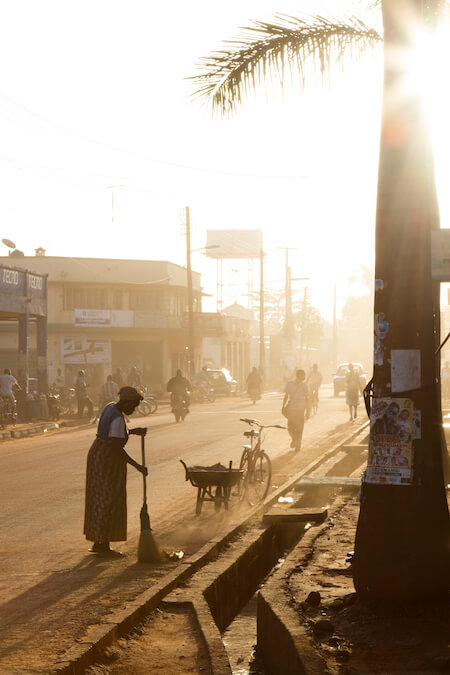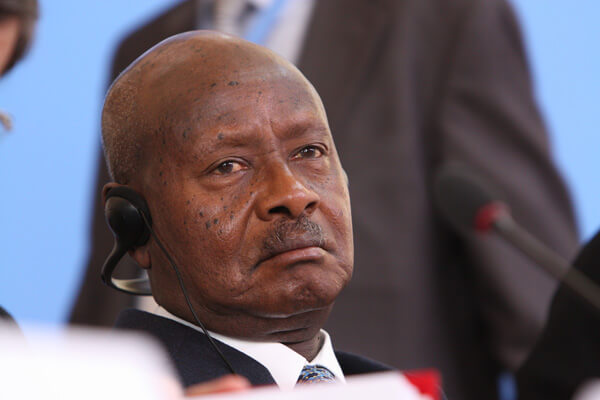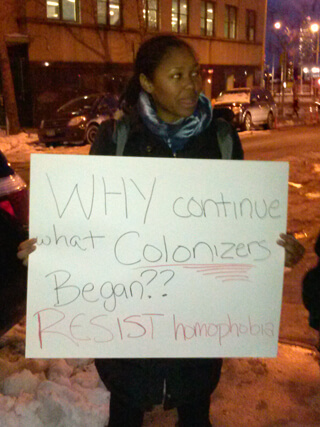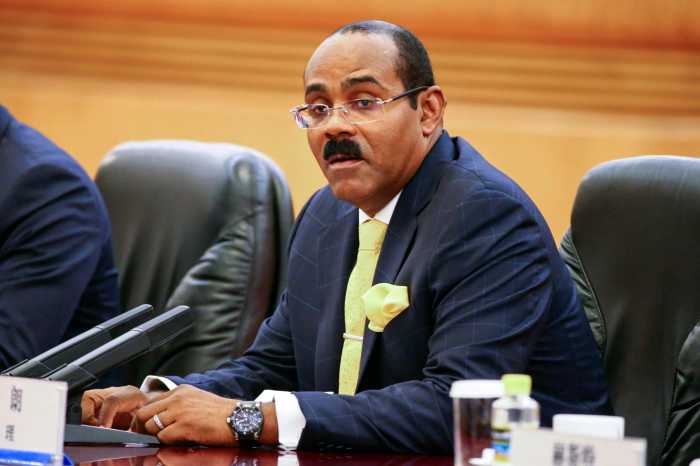The Ugandan Parliament, reconvening on December 4 after a heated controversy over a petroleum exploration and development bill led to its week-long suspension, is widely expected to soon take up a controversial measure, under consideration for the past several years, that would make homosexual acts punishable by death under certain circumstances.
Among a variety of draconian penalties for engaging in homosexuality, promoting it, or simply “aiding and abetting” it, the death penalty is prescribed for those convicted of “aggravated homosexuality” –– conduct that includes sexual acts by a person who is HIV-positive, sex with a person under 18 or under one’s “authority” or coercion, or simply being a “serial offender.”
Despite published reports in recent months that the “kill the gays” provisions have been removed from the bill, Ugandan human rights activists emphasize that the current draft of the measure continues to contain language regarding the death penalty. David Bahati, the member of Parliament who wrote the legislation, has stated his goal “to kill every last gay person.”
In a widely circulated email, Clare Byarugaba, an activist based at Makerere University Kampala, said that handwritten notes on the current bill in Parliament might indicate some discussion about toning down the measure, “but we can’t be sure.”
Meanwhile, Box Turtle Bulletin, an American blog that has monitored the situation in Uganda closely, warned that once the divisive controversy over the petroleum measure is resolved, President Yoweri Museveni’s government could find “passage of the Anti-Homosexuality Bill to be a very politically useful diversion… effective in uniting everyone [in] their collective hatred of gay people.”
SumOfUs.org, an online progressive advocacy group, has collected more than 100,000 signatures urging Pepsi, which has major investments in Uganda, to let that government know the negative consequences passing such legislation would have on the nation’s economic development.


































